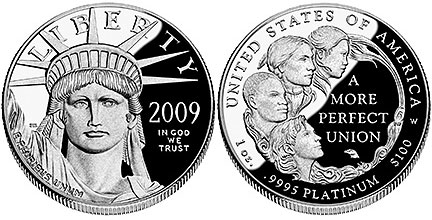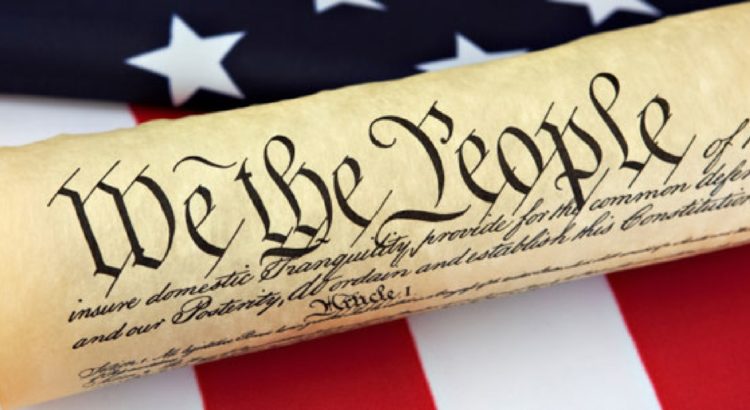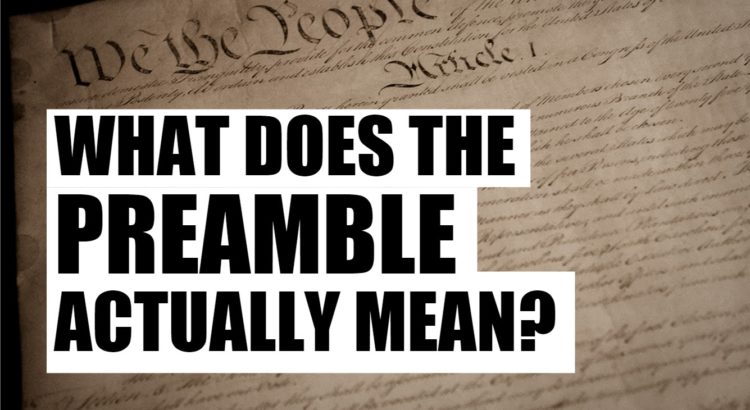When you read the Preamble to our Constitution, you should not just gloss over it so as to “get to the meat” of the Constitution. As I’ve pointed out in previous essays – and especially last week’s (The Preamble – Part II) – the Preamble serves introduce the reason for the Constitution, and the ordering of the six reasons listed in the Preamble are, in my opinion, no accident. In an eloquent stroke of genius, Gouverneur Morris captured in his edit of the Preamble the historical reason for the Constitution as well as the philosophical basis for free government. All of the reasons he lists flow out of the first, for without it, none of the other five would have been possible.
This first reason sets forth the historical basis for the need of a new constitution. When the Constitutional Convention (as it is called) convened in Philadelphia in the spring of 1787, 12 of the 13 states sent representatives to it as they had come to the realization that as 13 separate, sovereign and independent entities, their confederation was not fulfilling the promise for which they had fought to gain their independence from Great Britain.
The states were at odds with each other at every turn it seemed. From the perspective of commerce, things were a mess. They were charging each other tariffs on the transportation of goods when one state wished to transport their goods across another’s borders, hampering commerce throughout the confederation. Each state was free to negotiate trade deals with the other nations of the world, even if those trade treaties would be to the detriment of their sister states.
The Continental Congress to which the states sent representatives was very weak and unable to enforce any tenets of the Articles of Confederation (our “first constitution) if not enough of the states agreed to back their resolutions or attempts of enforcement. This was especially evident in states not willing to support the confederation financially as they should have to pay off debts incurred during the War of Independence.
Perhaps the most serious defect, however, was the lack of a solid defensive unity, making all of the states vulnerable to the manipulation and even military domination of the much stronger European powers who were “licking their chops” at how they could exert their influence on these “upstart” former colonies.
Were the states united at the time of the Convention of 1787? Yes, but not very well. However, in order to accomplish the following five reasons for the Constitution and its new form of government, it was necessary to, as the Preamble begins, “to form a more perfect union.”
-November 25, 2017


